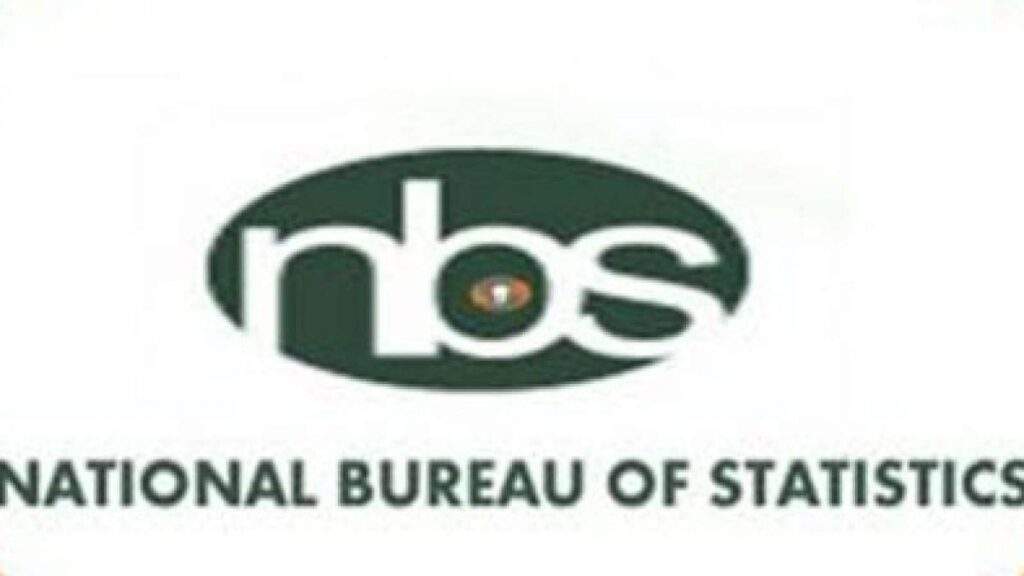According to the latest report from the National Bureau of Statistics (NBS), three states in Nigeria are facing the highest food inflation rates in the country. Kogi, Rivers, and Kwara have seen a significant increase in food prices, with Kogi leading the pack at 46.32%, followed closely by Rivers at 44.34% and Kwara at 43.05%.
On the other hand, Bauchi, Plateau, and Taraba have experienced the slowest rise in food inflation, with rates of 31.46%, 32.56%, and 33.23% respectively on a year-on-year basis.
In terms of all-items inflation, Kogi, Oyo, and Bauchi have recorded the highest rates annually in Nigeria. Kogi tops the list at 37.98%, followed by Oyo at 36.60% and Bauchi at 35.62% of headline inflation year-on-year.
Conversely, Borno, Taraba, and Benue have seen the slowest rise in headline inflation, with rates of 26.28%, 26.72%, and 27.40% respectively on a year-on-year basis.
These findings come at a time when Nigeria’s headline inflation has surged to 31.70%, with food inflation reaching a staggering 37.92%.
The impact of these inflation rates is being felt across the country, affecting the cost of living for many Nigerians. As the prices of essential goods continue to rise, the need for effective economic policies to address these challenges becomes increasingly urgent.
It is crucial for policymakers to take proactive measures to mitigate the effects of inflation and ensure that all citizens have access to affordable and nutritious food. Only through concerted efforts and strategic interventions can Nigeria overcome the current economic challenges and build a more stable and prosperous future for all its people.
